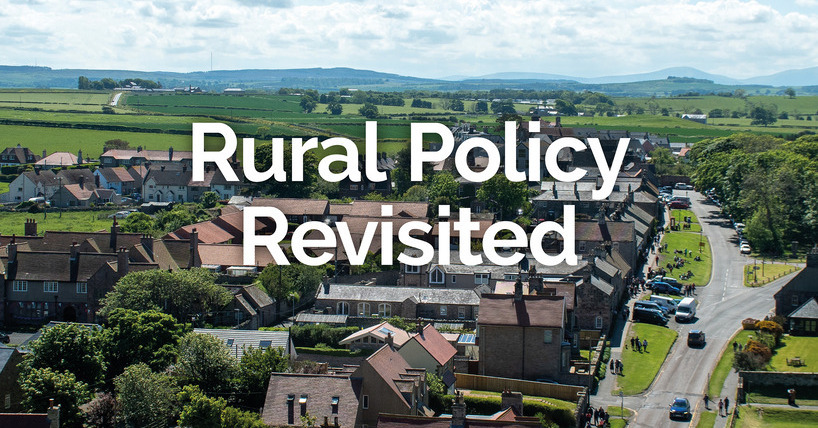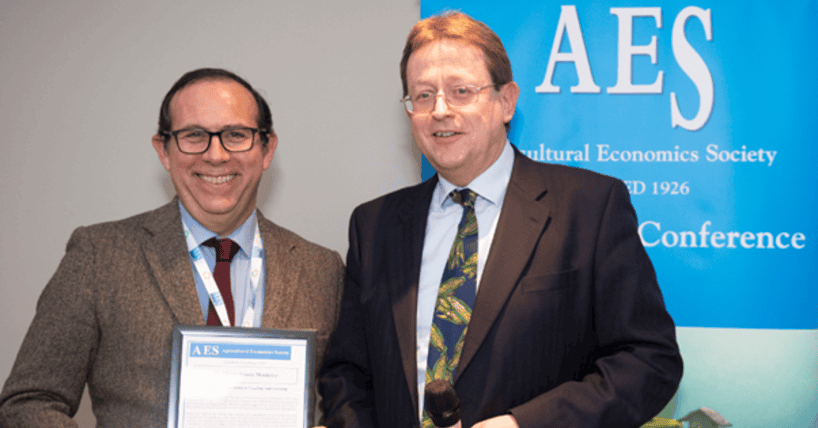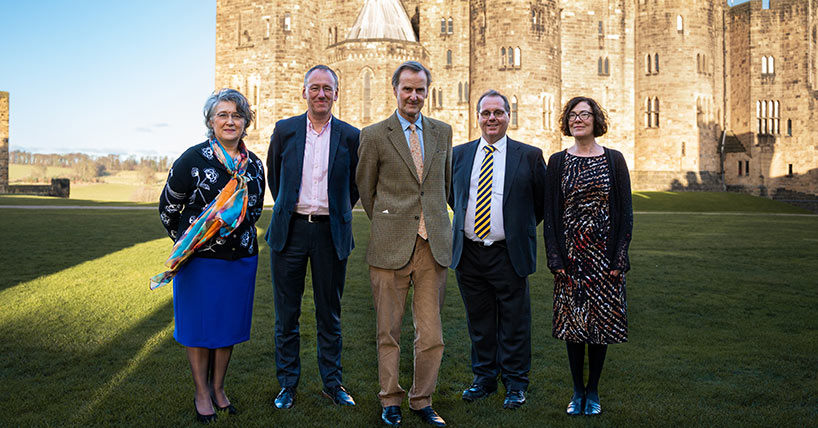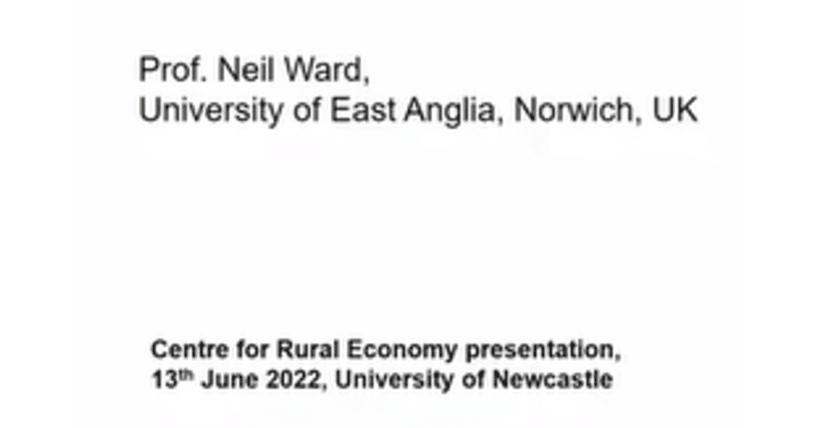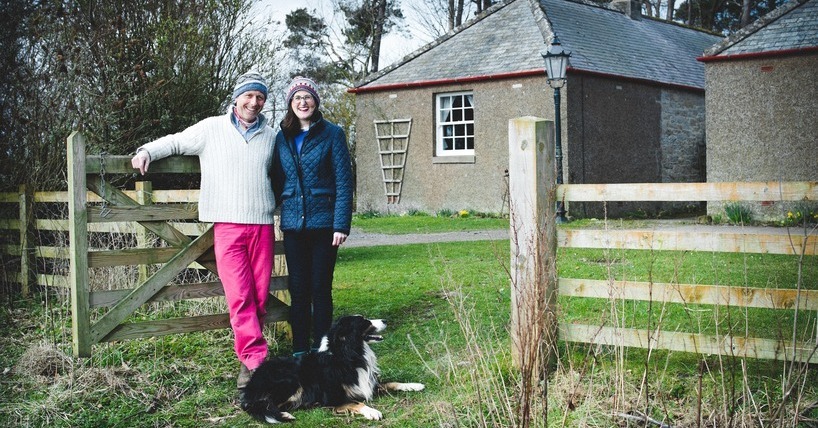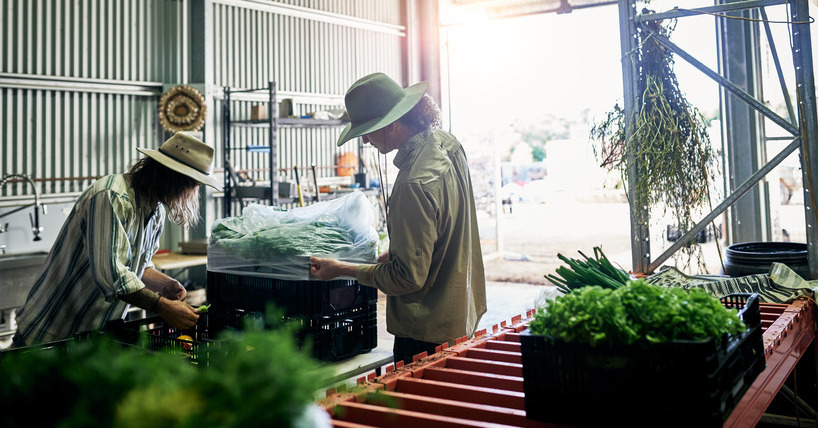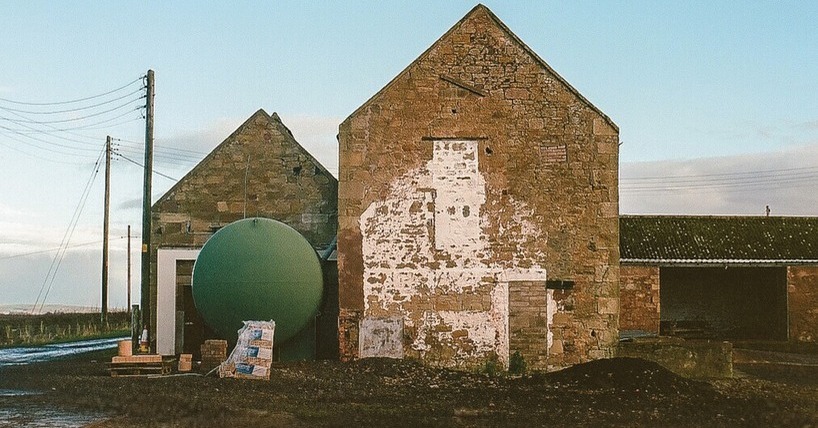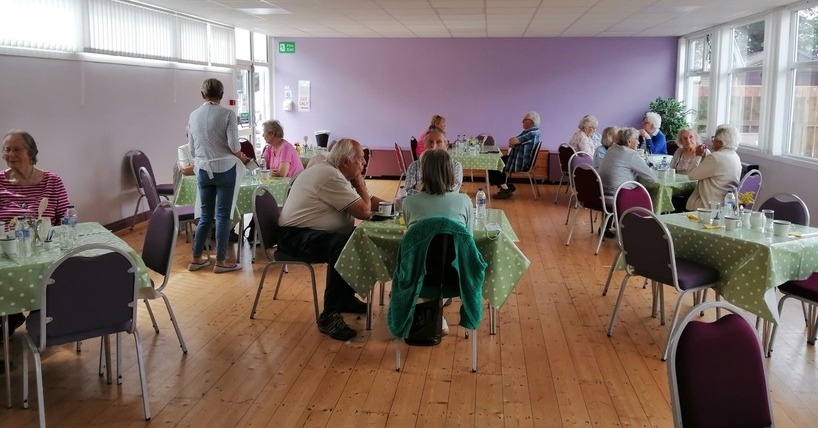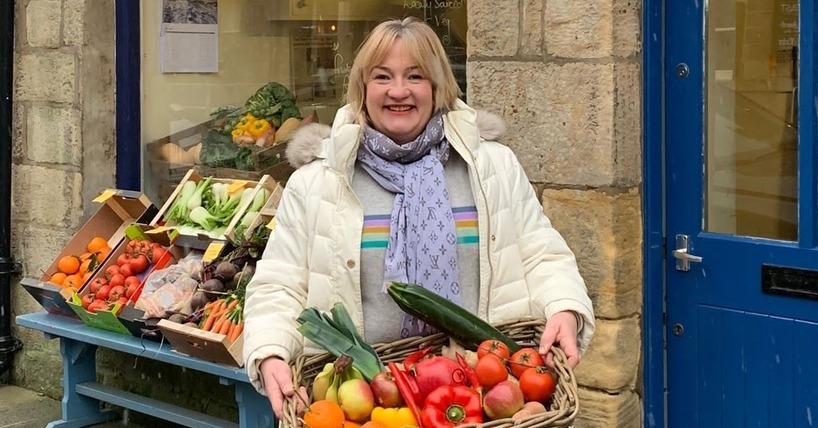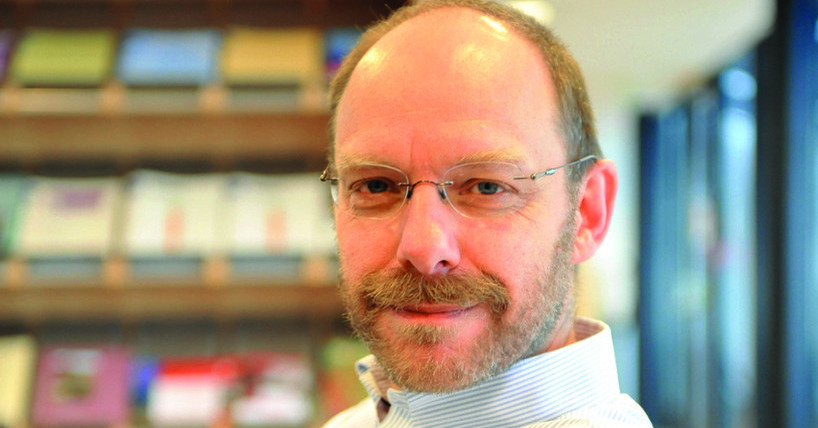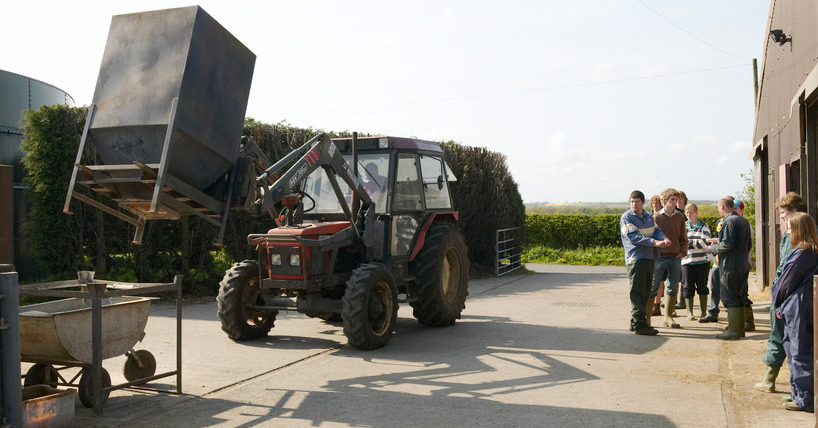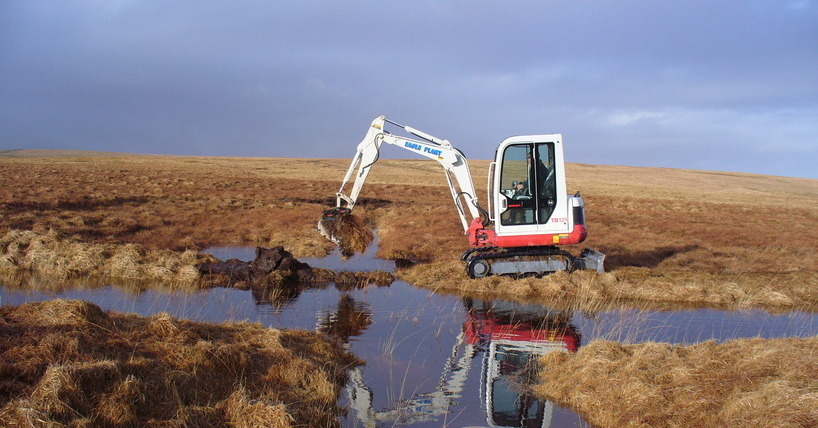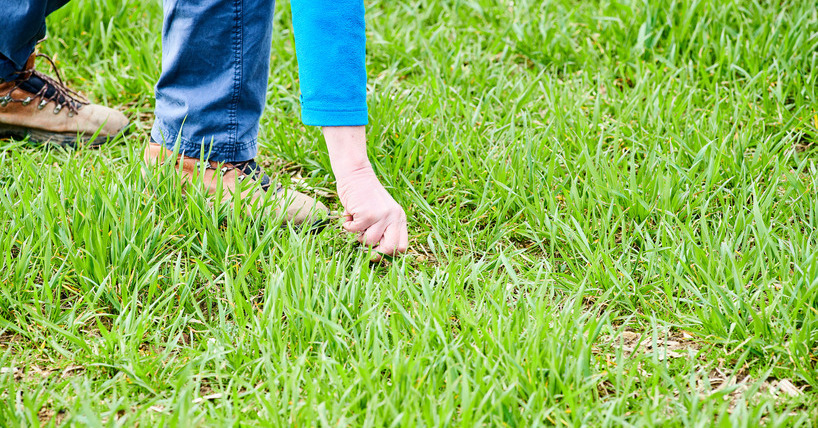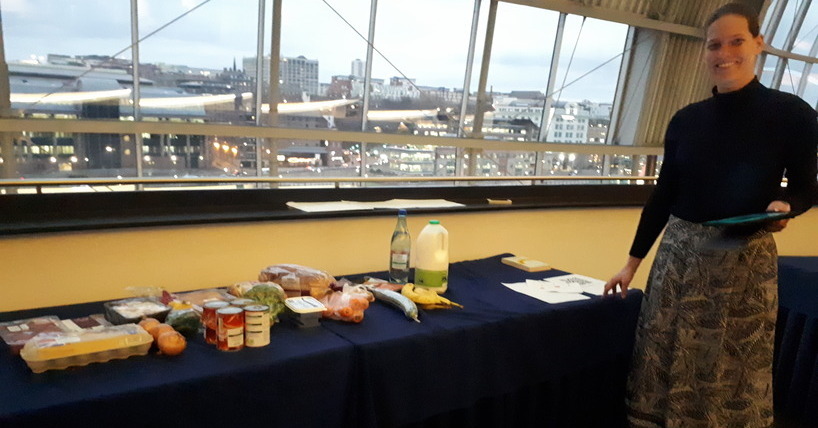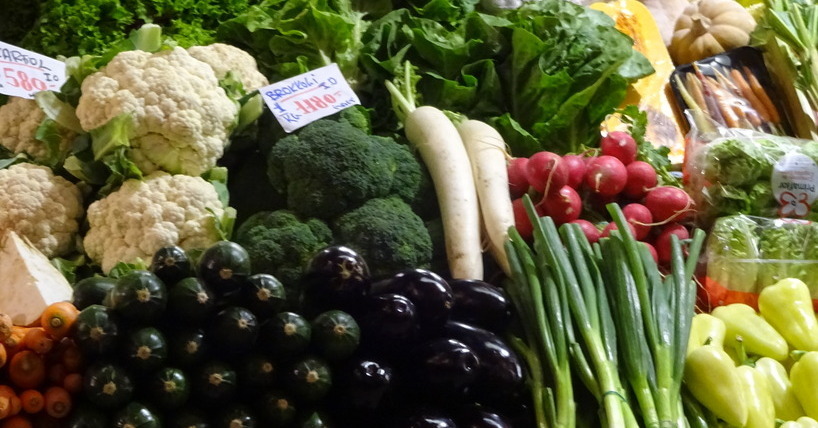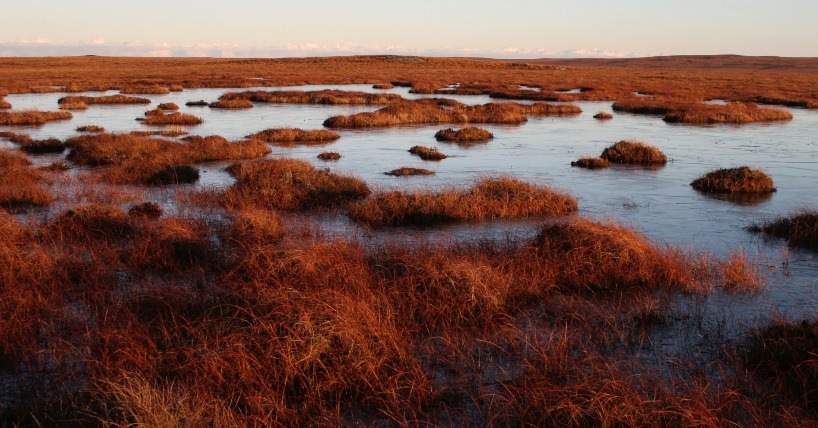News and Events
Latest news from the Centre for Rural Economy.
Our Latest News
Artist Opportunity: Researching the Wellbeing of Rural Communities
We are now inviting applications for a new artist research commission opportunity to take place during 2024
Proposals unveiled for positive change in the rural economy
A series of policy recommendations to advocate for positive change in the rural economy, has been published by the Centre for Rural Economy (CRE) at Newcastle University.
CRE Researchers Honoured by Agricultural Economics Society
The Agricultural Economics Society recognises outstanding achievement by its members through Awards for Excellence
Centre for Rural Economy celebrates 30 years
Newcastle University’s Centre for Rural Economy (CRE) celebrated 30 years of supporting sustainable development in rural areas.
Poor broadband hinders resilience among rural businesses
NICRE’s major survey highlights how sub-standard infrastructure in rural areas is affecting businesses’ ability to bounce back from adversity
Cost of living crisis will push more into rural poverty
New research led by CRE Associate Professor Mark Shucksmith
Rural innovation and enterprise research Fellowship opportunity
Applications open for scheme under the theme of ‘Cities and Place’
Rural Places and Planning: Stories from the Global Countryside
Dr Menelaos Gkartzios, Reader in Planning and Rural Development at CRE has co-authored a new textbook on ‘Rural Places and Planning: Stories from the Global Countryside’
Durty Beanz announced as new artist in residence with Maltings and NU
Glasgow-based Durty Beanz are a collaborative performance project established in 2019.
Village halls’ role in digitally connecting communities
CRE research showcased as part of Village Halls Week
Resilient rural businesses innovate and diversify during COVID
NICRE findings show impact of the pandemic
RIP David Symes, Reader Emeritus and Honorary Fellow of CRE
It is with great sadness that we mark the death of eminent fisheries social scientist and geographer David Symes.
Business survey to shed light on rural resilience during COVID
The National Innovation Centre for Rural Enterprise (NICRE) is asking rural and farming businesses in the North East, South West and Midlands how they are dealing with COVID-19 to explore the lesser-known area of rural resilience.
Rural businesses urged to complete COVID-19 survey
People running businesses in the Alnwick, Shildon and Keswick areas are being encouraged to give their views about the impact of COVID-19 and Brexit.
Research tells Government what farmers want from new peatland strategy
As Defra prepares to announce England’s largest ever peatland restoration scheme as part of its Nature for Climate Fund, new research commissioned by Natural England from Newcastle University
Bringing creative arts practice to FIELD
The FIELD project's successful application for an award from the Wellcome Trust means the team can recruit three creative arts professionals.
Remembering Professor Philip Lowe
It is with great sadness that we announce the death of Professor Philip Lowe, the founder of the Centre for Rural Economy and former Director of the Rural Economy and Land Use Programme.
The future of farming
Researchers from the Centre for Rural Economy (CRE) ran two activities at the Royal Society “You and the planet” event at the Sage Gateshead on Thursday 23rd January
Four ways to reduce the carbon in your food basket (The Conversation)
How does your food shop affect the planet?
Peatland action for climate progress to be presented at UN
Delegates to the UN climate conference (COP25) in Madrid this week will hear about research led by CRE’s Professor Mark Reed, showing that countries around the world are beginning to conserve, restore and sustainably manage their peatlands.


